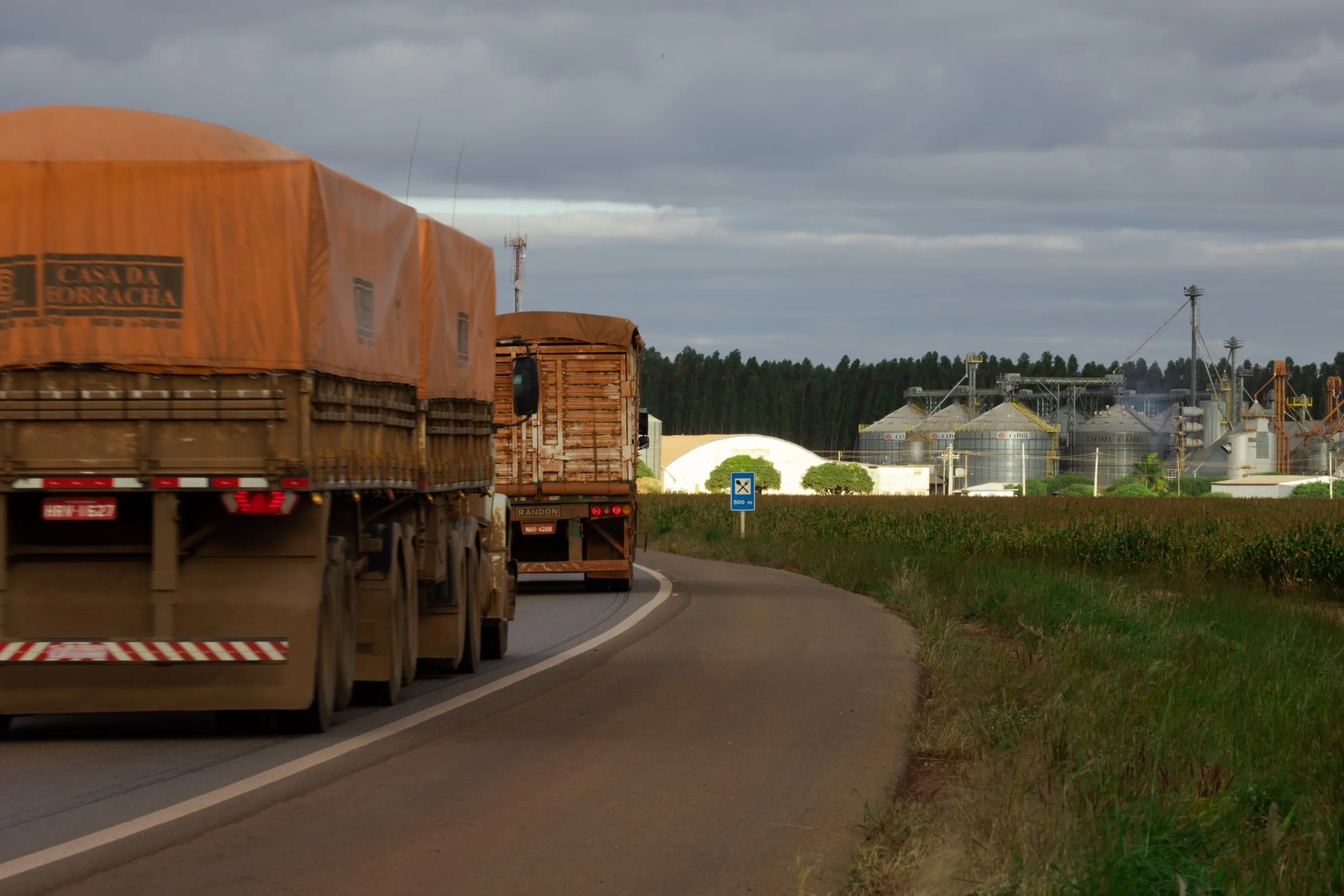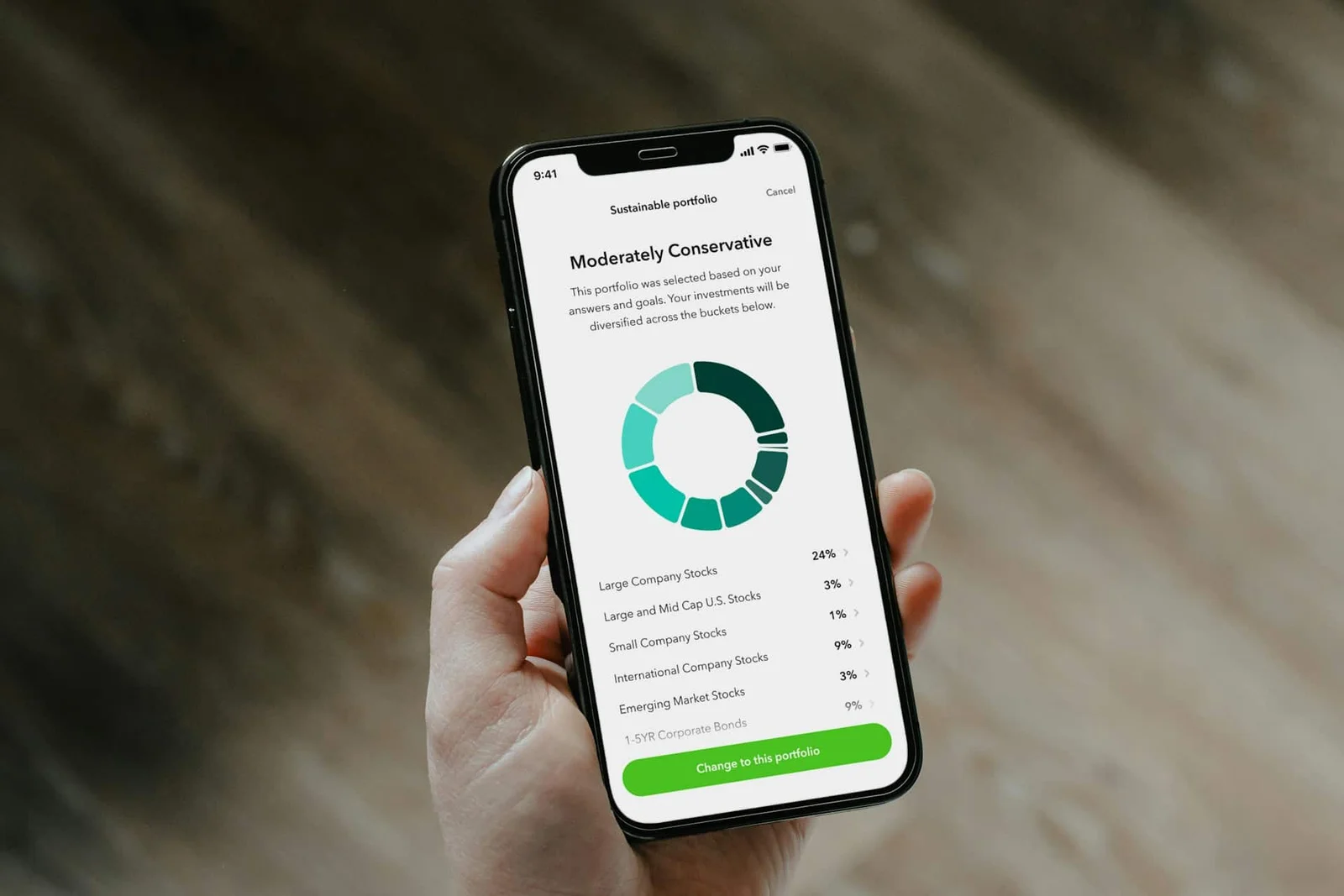A postponement in the soybean harvest in the Midwest resulted in a clustering of the harvest within a brief period. This has caused a surge in freight demand, leading to transport cancellations and price negotiations among drivers, according to reports from traders and carriers to “Valor.”
Analysts and market experts informed the newspaper that the present need for road transportation is the highest on record.
In Mato Grosso, the leading soy producer in Brazil, the harvest progress increased significantly from 28% to 82.3% of the planted area within two weeks, based on data from Imea on February 28.
The logistics director of one of the country’s main trading companies told “Valor” that the interruption in the flow did not result in a supply pause but rather caused cancellations of scheduled shipments, creating inconvenience in February.
Concentrated cropping leads to the cancellation of loads.
Autonomous drivers are now rejecting previously arranged shipments in favor of last-minute transports that promise higher profits, as the majority of road transport hiring is done through applications.
This movement is typically unregulated due to the long-term nature of the relationships among drivers, carriers, and shippers. Consequently, carriers do not hire truckers who fail to fulfill their commitments.
The harvest was concentrated in February as some crops were ready for harvesting in January, but rain in Mato Grosso delayed the process. Consequently, producers had to speed up the harvest after the rainy season to complete it by the end of February and ensure timely corn planting.
This situation is expected to be the highest point of freight costs in 2025, according to Fernando Bastiani, a researcher at EsalqLog.
I will paraphrase the text for you. Please provide the text you would like me to paraphrase.










Comments